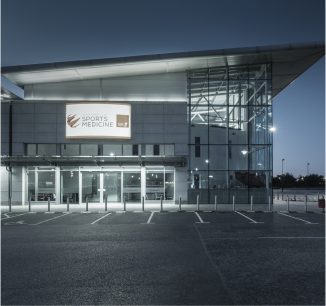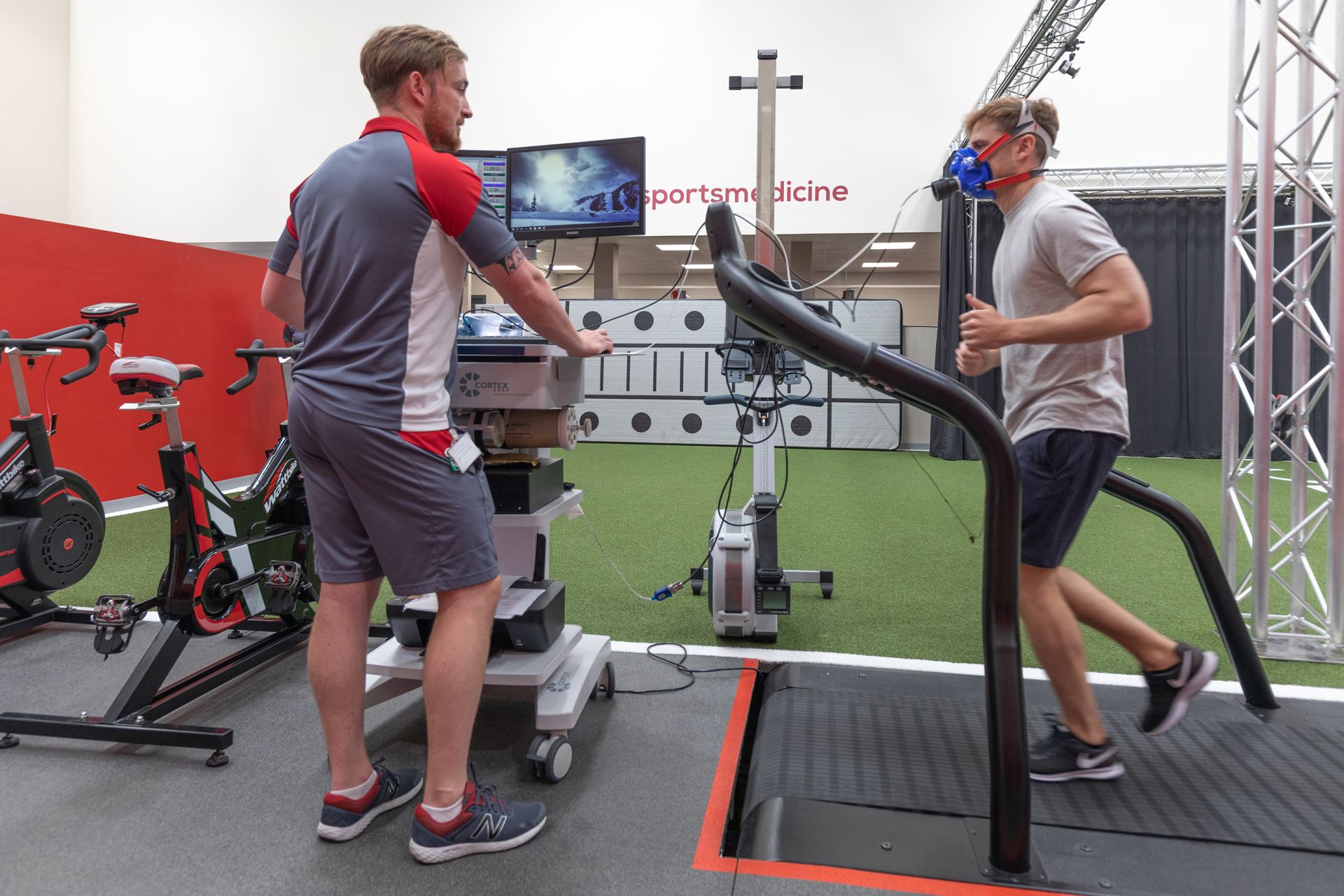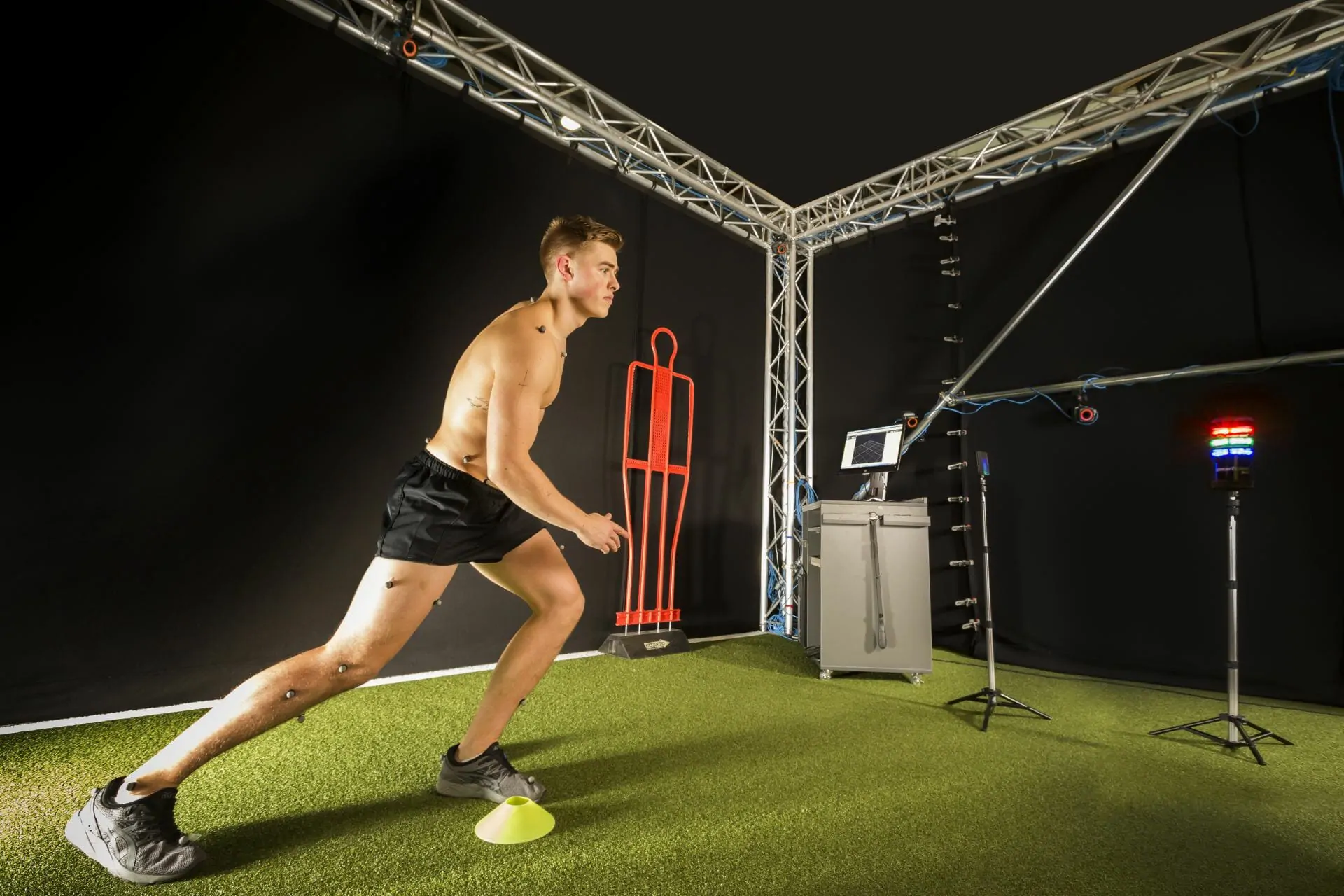
Medial Collateral Ligament (MCL)
Lateral Collateral Ligament (LCL)
Injuries to the LCL are usually caused by an outward twisting force, or varus, to the knee. LCL injuries often occur alongside other knee injuries. Surgery is generally the preferred course of treatment if there is a complete (Grade 3) tear to the ligament or if the ligament becomes detached or avulsed from the bone. A structured rehabilitation programme is an essential part of recovery from an LCL injury. At UPMC Sports Surgery Clinic, our orthopaedic experts provide specialized care and treatment for ligament injuries to help you recover and regain optimal knee function.
| For more information on Collateral Ligament injuries please contact info@sportssurgeryclinic.com |













